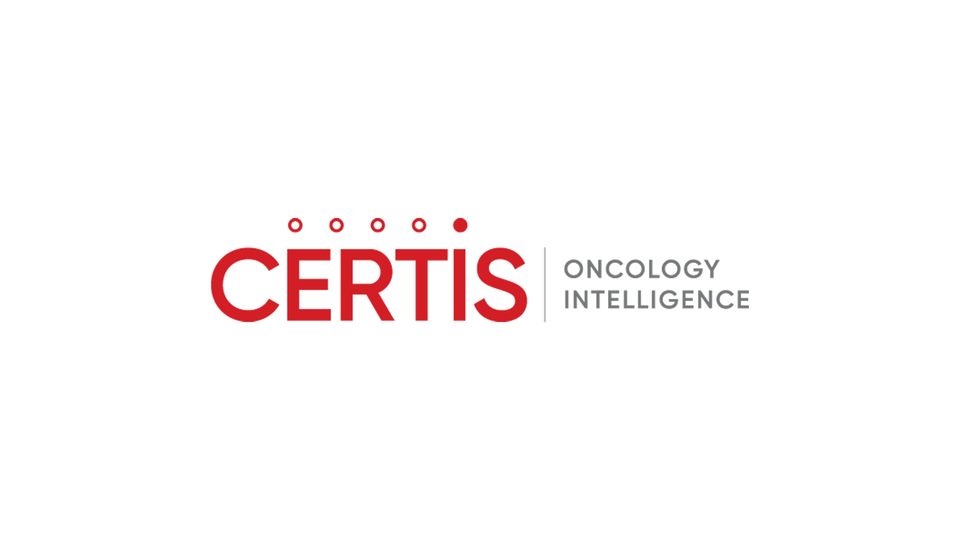Certis Oncology Solutions Announces Three Abstracts Accepted for Presentation at AACR Annual Meeting

Complete the form below to unlock access to ALL audio articles.
Certis Oncology Solutions (“Certis”), a precision oncology and translational science company focused on combining functional assays and artificial intelligence to advance personalized medicine, has announced that three abstracts have been accepted for presentation at the upcoming American Association for Cancer Research (AACR) Annual Meeting, to be held in Orlando, Fla. from April 14-19, 2023.
“Immunotherapy development to date has largely focused on hematological cancers. As cancer researchers turn their attention to applying immuno-oncology to solid tumors, the need for preclinical models that recapitulate tumor microenvironment is becoming critical,” said Peter Ellman, Certis President and Chief Executive Officer. “Our science shows that immune response to cancer therapies is dramatically different in humanized subcutaneous and orthotopic PDX models—a likely cause of false positives in preclinical immuno-oncology studies. We’re excited to showcase this and other important areas of cancer research at Certis.”
Certis scientists will highlight research in humanized cancer models for immunotherapy, artificial intelligence and circulating DNA as a clinically relevant biomarker. Session titles and information for the three abstracts are listed below and are now available on the AACR online itinerary planner.
Abstract 4299/30-Section 32: Gene Expression-Based Machine Learning Classifier to Predict and Validate Cancer Type in Patient-Derived Xenograft (PDX) Models
Poster session: April 18, 2023, 9:00 a.m.-12:30 p.m. EST
Abstract: Patient-derived xenograft (PDX) models are increasingly utilized in translational research and drug development. Characterizing the genomic features of PDX is essential to establishing reliable models for cancer research. Despite great interest, problems remain in PDX tumor data banks, including improper cancer type diagnosis and sample mix-ups. To improve annotation and quality of PDX models, Certis developed a machine learning model trained on gene expression data from the Cancer Genome Atlas (TCGA). Certis then applied the model to corresponding data collected from nearly 300 Certis PDX models as well as the National Cancer Institute’s (NCI) Patient-Derived Models Repository (PDMR). The model shows high precision and variable recall and provides a fast and accurate method for cancer type diagnosis.
Abstract 4762/10-Section 6: In Vivo Tumor Implantation Site Exhibits Differential Immune Response in Solid Tumors
Poster session: April 18, 2023, 1:30 – 5:00 p.m. EST
Summary: Successful discovery and development of cancer therapeutics depend on testing agents in the most clinically relevant translational models. Emerging evidence highlights the importance of the local tumor microenvironment in evaluating the efficacy of new therapeutics, especially for immunotherapies. Historically, PDX modeling involves subcutaneous implantation which minimally represents the actual human tumor site. Here, Certis uses peripheral blood mononuclear cell (PBMC) humanized PDX models to demonstrate differences in the tumor microenvironment, overall immune response, and the pharmacological outcome, between subcutaneous and orthotopic PDX models. These findings highlight the importance of testing new therapies in the most clinically relevant setting for greater translation into clinical success.
Abstract 6690/10 – Section 40: Monitoring Drug Response with Circulating Tumor DNA in a Non-Small Cell Lung Cancer (NSCLC) Patient-Derived Xenograft Model
Poster session: April 19, 2023, 9:00 a.m.-12:30 p.m. EST
Abstract: Circulating tumor DNA (ctDNA) has been shown as a clinically relevant biomarker for non-invasive monitoring of therapy response, disease burden and disease progression in cancer patients. Patient-derived xenograft (PDX) mice are essential preclinical models to evaluate therapeutic response. Patients with a KRAS G12 mutation in Non-Small Cell Lung Cancer (NSCLC) have been shown to be resistant to EGFR inhibitors. Here, Certis reports Whole Genome Sequencing (WGS) of ctDNA from PDX for the monitoring of therapeutic response and demonstrates measurable ctDNA changes concordant with therapeutic response. Altogether, the isolation of ctDNA from PDX models is a robust methodology for interrogating therapeutic efficacy, response and resistance in a preclinical setting that can be translated as a viable biomarker for non-invasive monitoring in patients.

